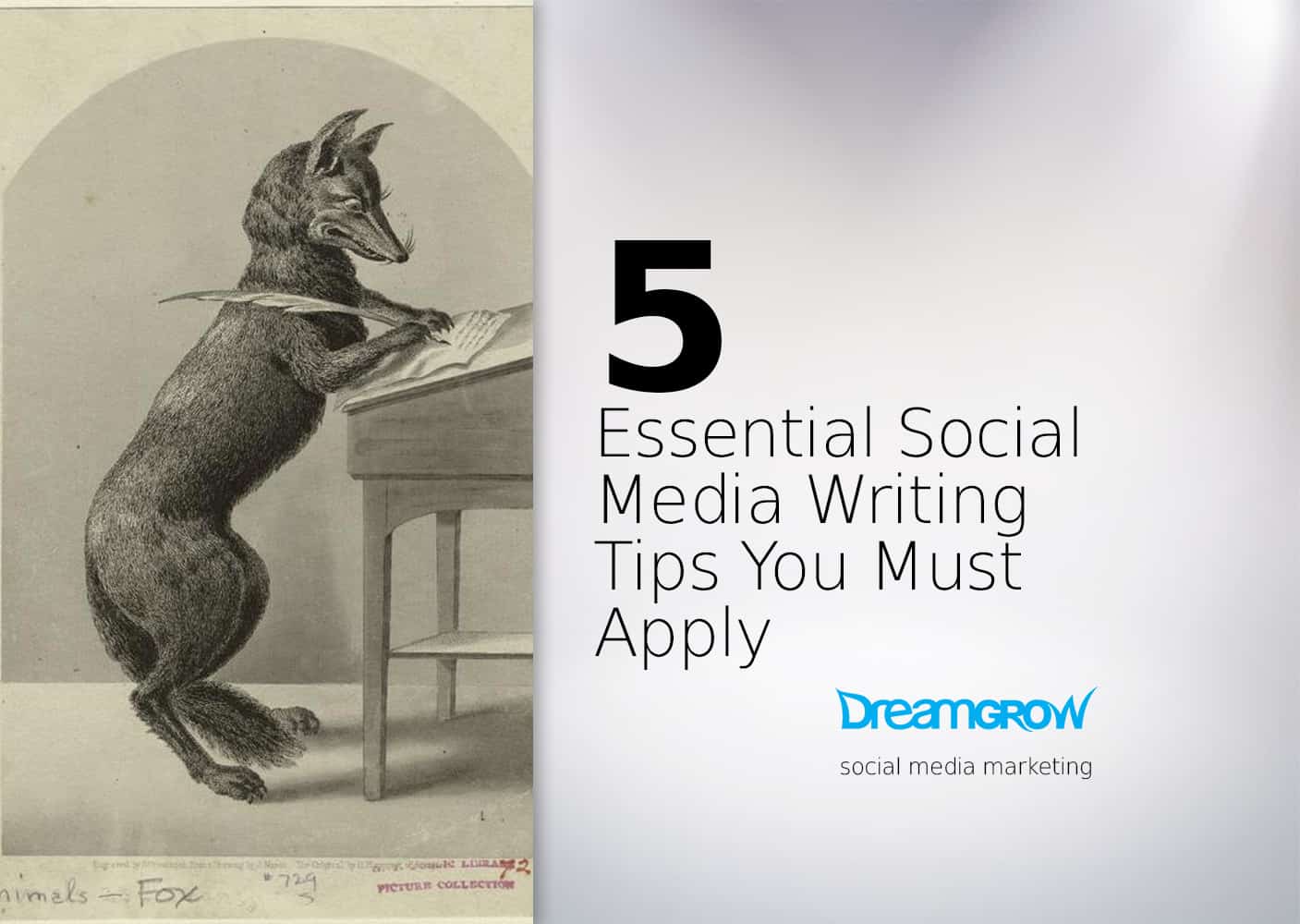Social media marketing on Facebook and Twitter has become mainstream and more important than ever. On top of that, marketing in other social media channels grows in importance. The social media marketing industry might have only been around for a few years, but some people can apply their many years of writing, media and online marketing experience to social media with great results.
The world of social media marketing has exploded. Before social media, we focused on our SEO (search engine optimization) efforts. But now, social media plays a big part of our online marketing strategies and having that content managed, and well written is extremely important. No question that SEO and Google are still important but sharing on social media is becoming a new source of traffic. The hours you put into content creation have to bring in results. If you can’t engage, you won’t get shares, and your traffic will stay flat.
Without trying to create many fancy strategic claims or plans, here are the essentials of writing for social media. I have been in the business of writing, translation, localization, media, online marketing, TV advertising, billboard advertising, subway and limited-time-terminal advertising (i.e., plasma screens in a taxi, subway train or bus) for 20 years.
The great news is that writing engaging content that gets people to share will also get you better results on Google search results.
Research Makes Your Content Interesting
There is nothing like detailed research to know your audience. What mobile phones do they prefer, what shoes do they wear on Friday nights, how much would they spend on a gift for their partner if they just won 1000 dollars on a 2 dollar lottery ticket. Every little detail collected is more information. Data is alone not enough. Quantifying and qualifying our data is essential. The old saying applies – we cannot compare apples and oranges.
There are two main aspects of research. First you need to understand to whom you are writing to. Create a persona of your audience. Understand their lifestyle, interests, and values. The more you know about them, the better your chances of engaging them.
The second part of research should focus on information. Stories need examples, cases, and other people in it. Collect these and include in your writing. Also collect facts, data, and research to back your claims. Find sources and influencers who are credible to your persona.
Write For Your Reader
In translation, this is simply known as the target language. In localization, it’s the target audience. The same rules apply. If you are talking to your audience of 13-18-year-old females, writing for them is essential. This is not to say that it should be a female of that age (or a little older) who will be better at this, but there are some fundamentals about understanding the audience we cannot ignore. This is the case for all segments, audiences, and markets.
When writing, simply tell your audience a story or teach them something that you know they will like. If possible try to find a writer who can relate to the target audience. I don’t know what it means to give birth, and I can never write about it convincingly. But this does not mean it’s impossible.
Your Personality as a Writer and Storyteller
Personality is your brand with words. You cannot compromise your brand, or you will confuse your target audience. You can change your tone for your segments, but compromising your personality is devaluing your brand. The brand is everything. The brand is your company’s image, emotional association and ‘experience’ for your viewer.
Adjust Your Writing for the Medium
Just like in all media, we need to write for the medium. Nike will have different adverts in their business newspaper advertising when compared with the advertising they will place in a male orientated lifestyle and entertainment magazine, say, FHM, for example. The same goes for social media marketing. Facebook is a medium, linked in is another medium, and each site and network will have its own suitability.
In each channel, the persona may be the same, but the expectations are different. We unconsciously wear our different hats in every channel and situation. Try to get inside your reader’s head on every occasion. Writing for a specific channel means:
- Topics
- Length
- Tone
- Examples
- Visuals
Check out best-performing content in the channel you are writing for and get a feel what makes them successful.
 22 Blogging Tips to Make You a Better Blogger
22 Blogging Tips to Make You a Better Blogger
Here are 22 blogging tips that will help you be a better blogger, improve the quality of your posts and get you more readers. If you are in the internet marketing and social media, you know that content is king. Creating valuable content is one of the most important tasks of any marketer. Find out more…
Engaging your audience and Getting Feedback
Communication is nothing without feedback. Feedback is the key to social media marketing and the key to dealing with your people. Now more than ever, they can complain, and they can complain to a lot of people very fast, and very loud. Not all companies are dealing with this well. You must respond to complaints. Consumers have further options such as taking you to Fair Trading commissions and Consumer Affairs, and that will be out there for all to see. People listen to their friends. Before you know it, your brand and company can get a lot of bad publicity from one poorly treated customer.
Social media is about connecting and engaging. Get your audience to share your material is the key to the social media and content marketing success. You can write all you want and post your stuff on all the social media site, but if you don’t get engagement, then you are dead in the water.

Most of the engagement you will get is usually positive. But from time to time you may get complaints and negative feedback
We have an in-depth post where you can read how to avoid mistakes and deal with negative feedback on social media.
______________________
Image credit Will

 22 Blogging Tips to Make You a Better Blogger
22 Blogging Tips to Make You a Better Blogger


